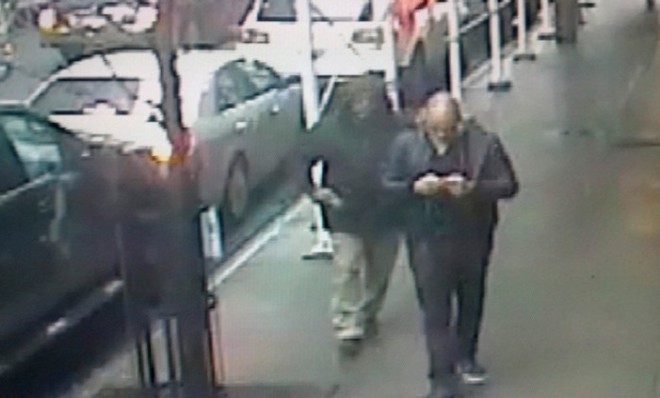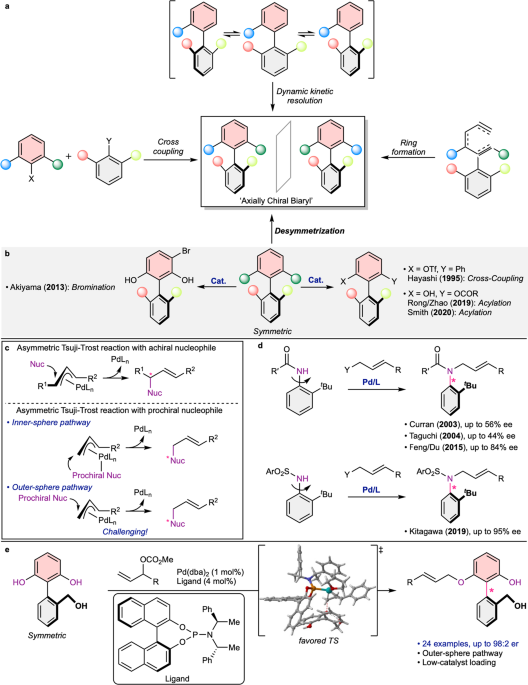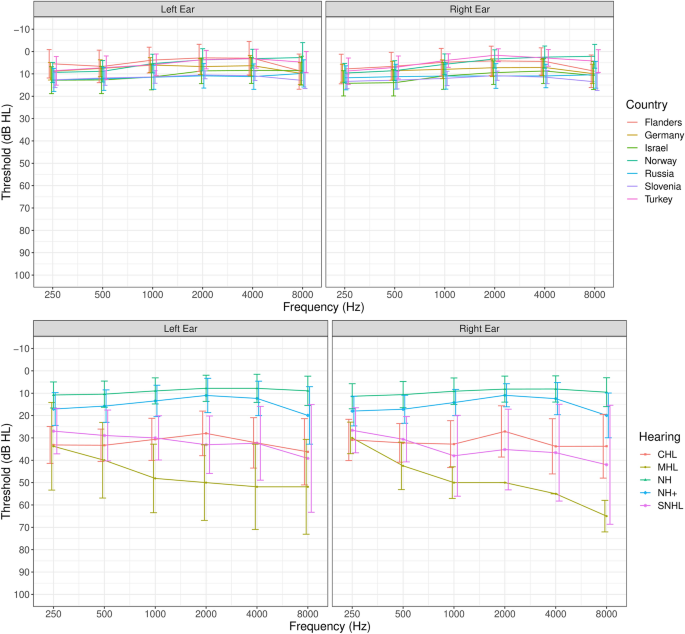
- Select a language for the TTS:
- UK English Female
- UK English Male
- US English Female
- US English Male
- Australian Female
- Australian Male
- Language selected: (auto detect) - EN
Play all audios:
MANDALAY, Myanmar — Security forces in Myanmar on Saturday again met protests against last month’s military takeover with lethal force, killing at least seven people by shooting live
ammunition at demonstrators. Four deaths were reported in Mandalay, the country’s second-biggest city; two in Pyay, a town in south-central Myanmar; and one in Twante, a suburb of Yangon,
Myanmar’s largest city. Details of all seven deaths were posted on multiple social media accounts, some accompanied by photos of the victims. The actual death toll is likely to be higher, as
police apparently seized some bodies, and some of the wounded suffered grievous gunshot wounds that doctors and nurses at makeshift clinics will be hard-pressed to treat. Many hospitals are
occupied by security forces, and as a result are boycotted by medical personnel and shunned by protesters. The independent United Nations human rights expert for Myanmar, Tom Andrews, said
Thursday that “credible reports” indicated security forces in the Southeast Asian nation had so far killed at least 70 people, and cited growing evidence of crimes against humanity since the
military ousted the elected government of Aung San Suu Kyi. Other unofficial but carefully compiled tallies put the total number of deaths since the coup at around 90. Saturday’s killings
did not faze demonstrators in Yangon who crowded a downtown commercial area past the official 8 p.m. curfew to hold a mass candlelight vigil and sing about their cause. The mostly young
protesters rallied at an intersection where they usually gather for daytime rallies. After-dark rallies were also held in Mandalay and elsewhere. Reports on social media also said three
people were shot dead Friday night in Yangon, also known as Rangoon, where residents for the last week have been defying the 8 p.m. curfew to come out on the streets. Two deaths by gunfire
were reported in Yangon’s Thaketa township, where a protest being held outside a police station was dispersed. A crowd had gathered there to demand the release of three young men who were
seized from their home earlier Friday night. Photos said to be of the bodies of two dead protesters were posted online. The other reported fatality Friday night was that of a 19-year-old man
shot in Hlaing township. The nighttime protests may reflect a more aggressive approach to self-defense that has been advocated by some protesters. Police had been aggressively patrolling
residential neighborhoods at night, firing into the air and setting off stun grenades in an effort at intimidation. They have also been carrying out targeted raids, taking people from their
homes with minimal resistance. In at least two known cases, the detainees died in custody within hours of being taken away. Another possible indication of heightened resistance emerged
Saturday with photos posted online of a railway bridge said to have been damaged by an explosive charge. The bridge was described in multiple accounts as one on the rail line from Mandalay
to Myitkyina, the capital of the northern state of Kachin. The photos show damage to part of a concrete support. No one took responsibility for the action, but it could serve a twofold
purpose. It could be seen as support for the nationwide strike of state railway workers, who are part of the civil disobedience movement against the coup. At the same time, it could be aimed
at disrupting the ability of the junta to reinforce its troops in Kachin, a state whose residents have long been at odds with the central government. The Kachin ethnic minority fields its
own well-trained and -equipped guerrilla force, and there has been outrage in Myitkyina at security forces’ killing of anti-coup protesters there. The prospect of sabotage has been openly
discussed by some protesters, who warn that they could blow up a pipeline supplying natural gas to China. They see China as the ruling junta’s main supporter, even though Beijing has been
mildly critical of the coup in its public comments. In Washington on Friday, the Biden administration announced it is offering temporary legal residency to people from Myanmar, citing the
military’s takeover and ongoing deadly use of force against civilians. Homeland Security Secretary Alejandro N. Mayorkas said the designation of temporary protected status for people from
Myanmar would last for 18 months. The offer of temporary legal residency applies to people already in the United States. Mayorkas said in a statement that worsening conditions in Myanmar
would make it difficult for those people to safely return home. The Feb. 1 coup reversed years of slow progress toward democracy in Myanmar, also known as Burma, which for five decades had
languished under strict military rule that led to international isolation and sanctions. Suu Kyi’s National League for Democracy party led a return to civilian rule with a landslide election
victory in 2015, and an even greater margin of votes last year. It would have been installed for a second five-year term last month, but instead Suu Kyi and President Win Myint and other
members of the government were placed in military detention. MORE TO READ









